News: Opinions
The New Agreement on Electronic Commerce updates The World Trade Organisation Rulebook for the 21st Century
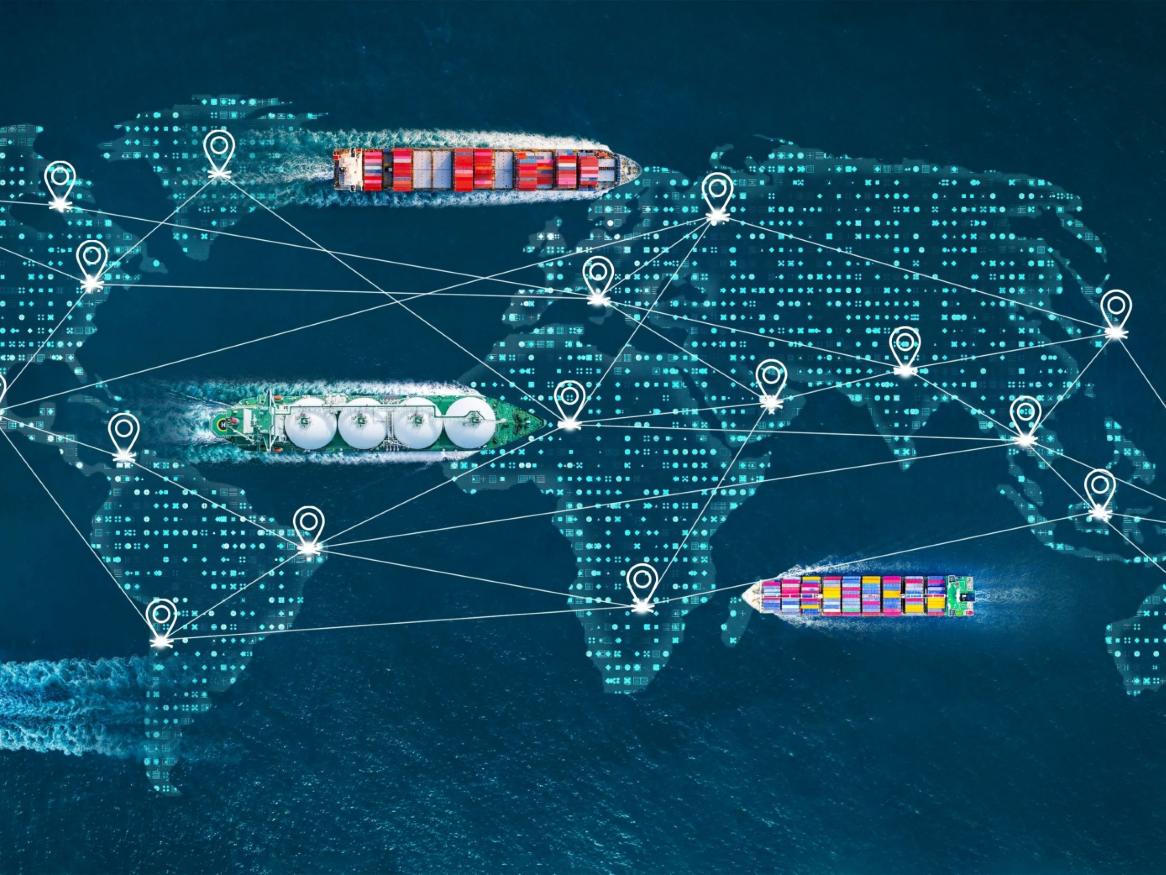
WTO credibility with the global business community is salvaged. Despite much media focus on worrisome protectionist and isolationist trends, a new and constructive era of global trade governance has quietly begun.
Beyond China: Why Australia must look to Southeast Asia for trade and investment
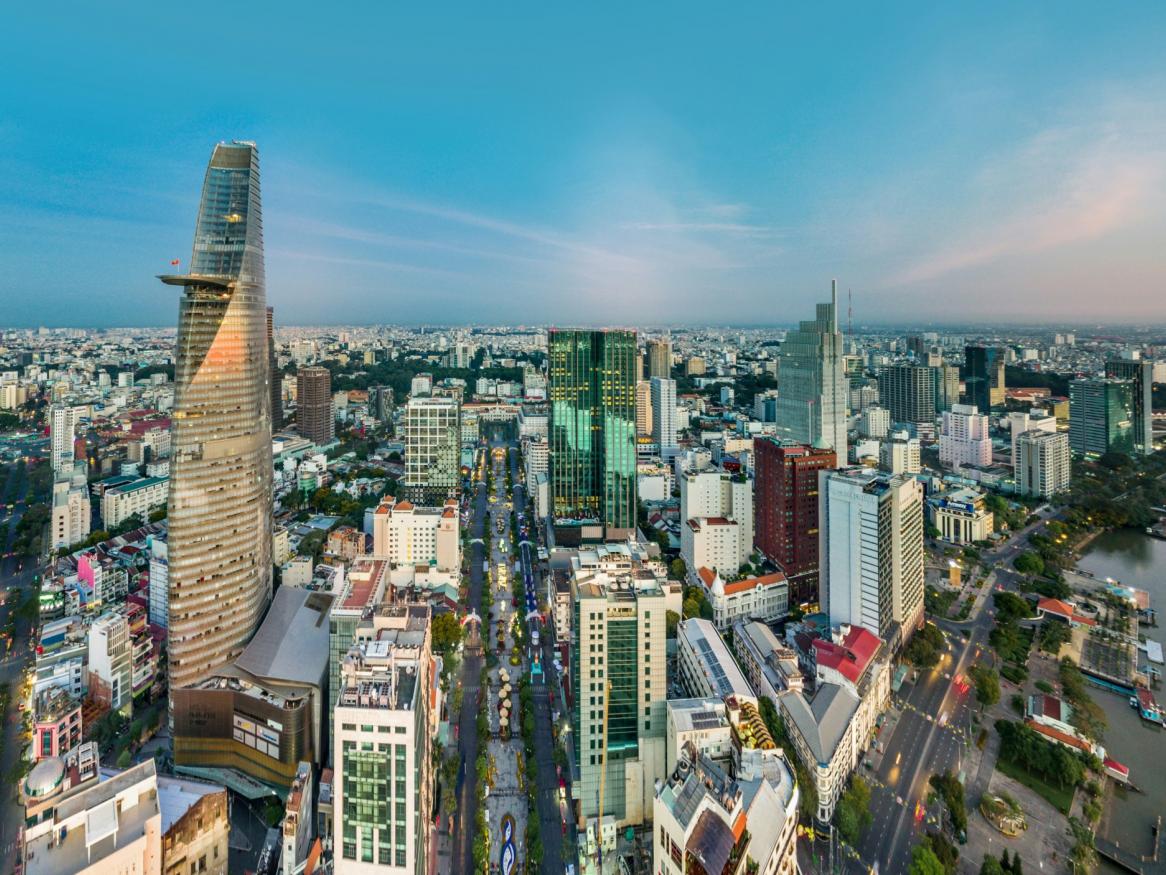
At the recently concluded Melbourne Summit Australia cemented its ties with ASEAN economies and announced a series of measures to support our businesses to grow their Southeast Asia footprints. In this incisive opinion Dr Nathan Gray makes the case for greater Australian economic engagement with the Southeast Asian region, and reflects on the government’s recent Southeast Asia 2040 Strategy.
[Read more about Beyond China: Why Australia must look to Southeast Asia for trade and investment]
Australia and its partners in the global trading system, in 2024
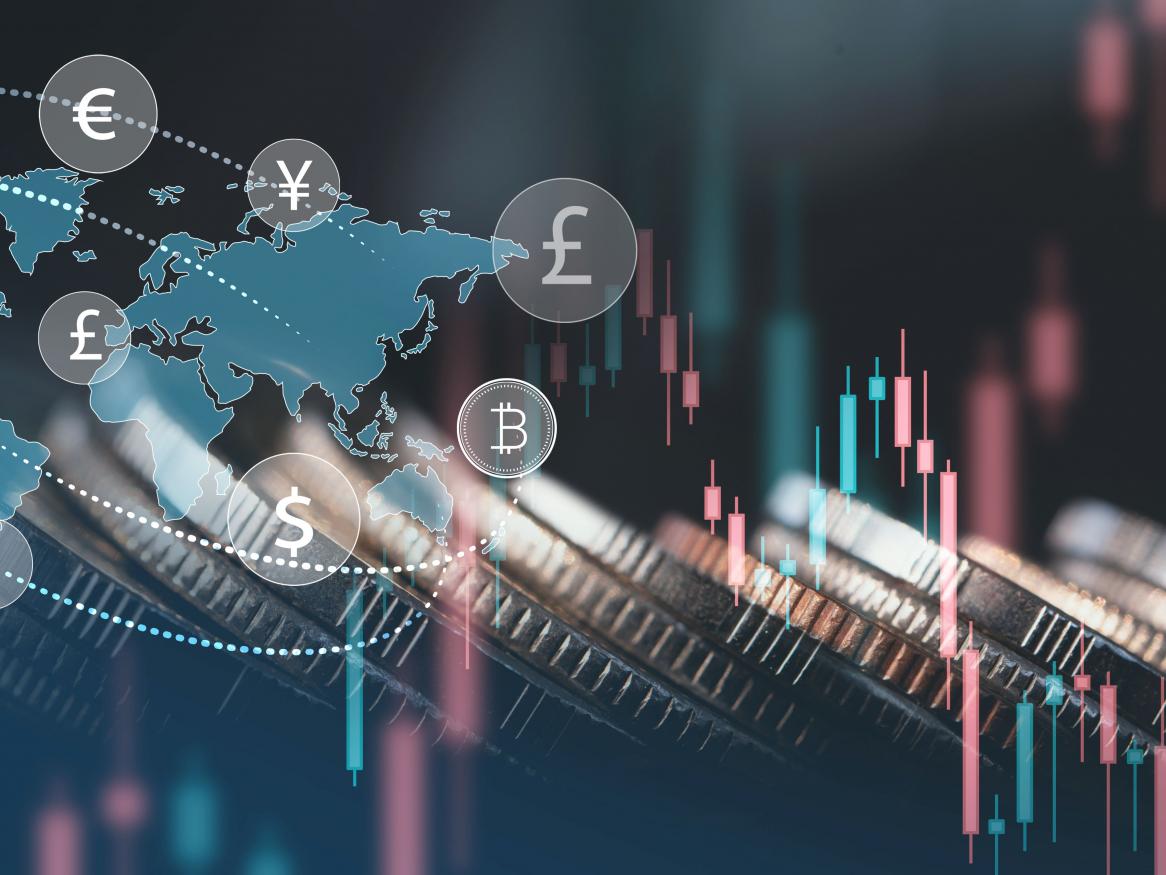
A collection of Opinions - Australia and its partners in the global trading system, in 2024.
With 2024 now in full swing this collection takes stock of key developments in the global trading system likely to shape Australia’s trade policies this year, as well as those of key trading partners. There is much going on in the trade policy world, and a collection such as this cannot do justice to the full complexity. Instead, we asked renowned experts to reflect on topics they think will have an impact this year.
[Read more about Australia and its partners in the global trading system, in 2024 ]
Europe and Africa: Interests and values must be aligned with mutual respect
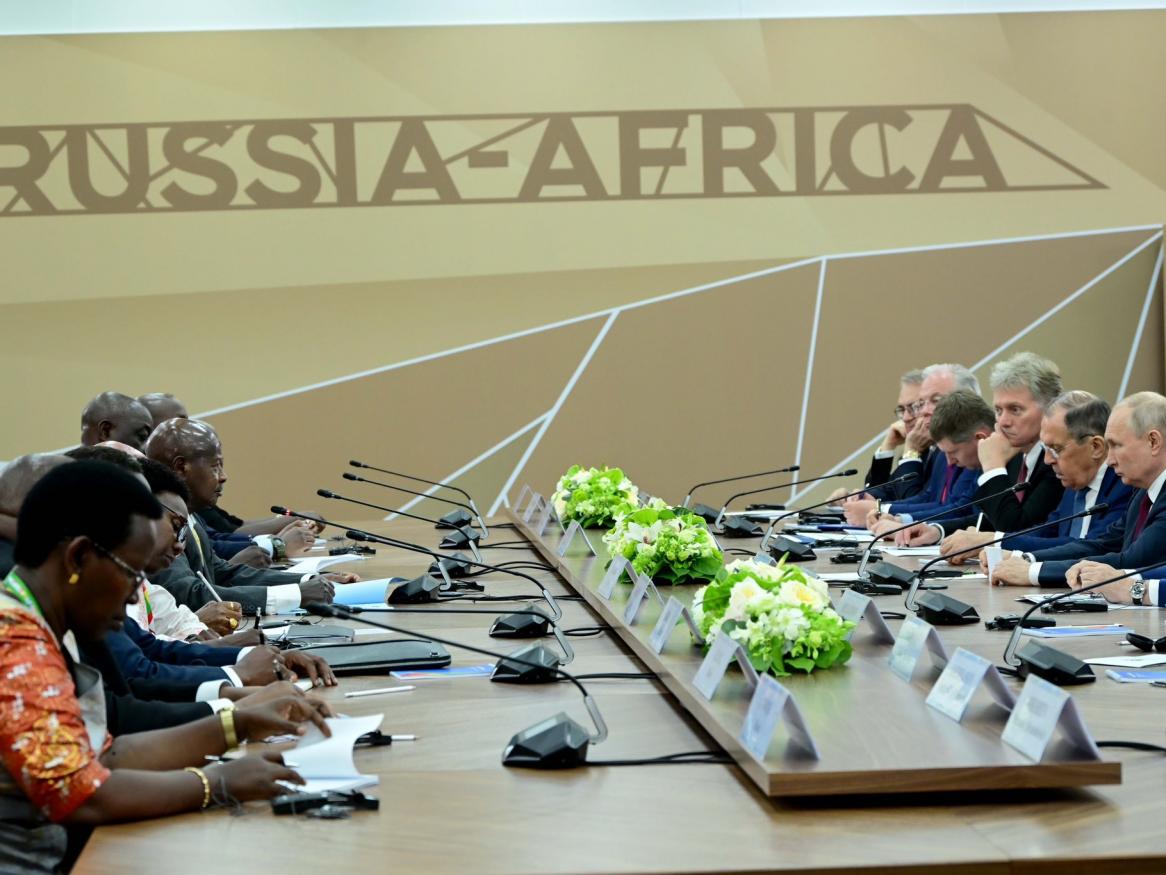
Prof. Dr. Stefan Liebing is CEO and owner of Conjuncta GmbH, Prof. Dr. Andreas Freytag is Professor at the Friedrich Schiller University Jena
Russia’s invasion of Ukraine sharply escalated the incipient global contest for influence between the West and authoritarian powers. Africa, historically a stronghold of European influence, is one arena. Why aren’t African leaders supporting the international rule of law by moving to isolate Russia? In this article the authors argue that Europe needs to de-emphasise values and do more to elevate African trade and investment needs to the top of their engagement with Africa.
[Read more about Europe and Africa: Interests and values must be aligned with mutual respect]
Quantifying the impact of Chinese coercion on key Australian commodity exports

Mike Adams former Department of Foreign Affairs and Trade (DFAT) economist, Ron Wickes former Director of the Trade Analysis Section of DFAT consider recent analyses of the costs of Chinese economic coercion to Australian exports. Whereas some argue those were relatively minor and easily absorbed, in their view the costs have been substantially higher than hitherto appreciated. Understanding the true costs has important implications for calibrating bilateral trade strategy towards China.
[Read more about Quantifying the impact of Chinese coercion on key Australian commodity exports]
Markets are moral by default – what about governments?

Andreas Freytag, Professor and Chair of Economic Policy, Friedrich Schiller University, Jena, and Visiting Professor with IIT
The German law on corporate due diligence in supply chains, also known as the Sustainable Supply Chain Law, has now been in force for four months. Similar laws in other countries have a longer history. Overall, efforts by Western lawmakers to regulate domestic companies and encourage, if not require, compliance with human rights, labour, and environmental standards along their entire value chain are picking up steam.
[Read more about Markets are moral by default – what about governments? ]
What to expect from June’s China-Africa Economic and Trade Exhibition
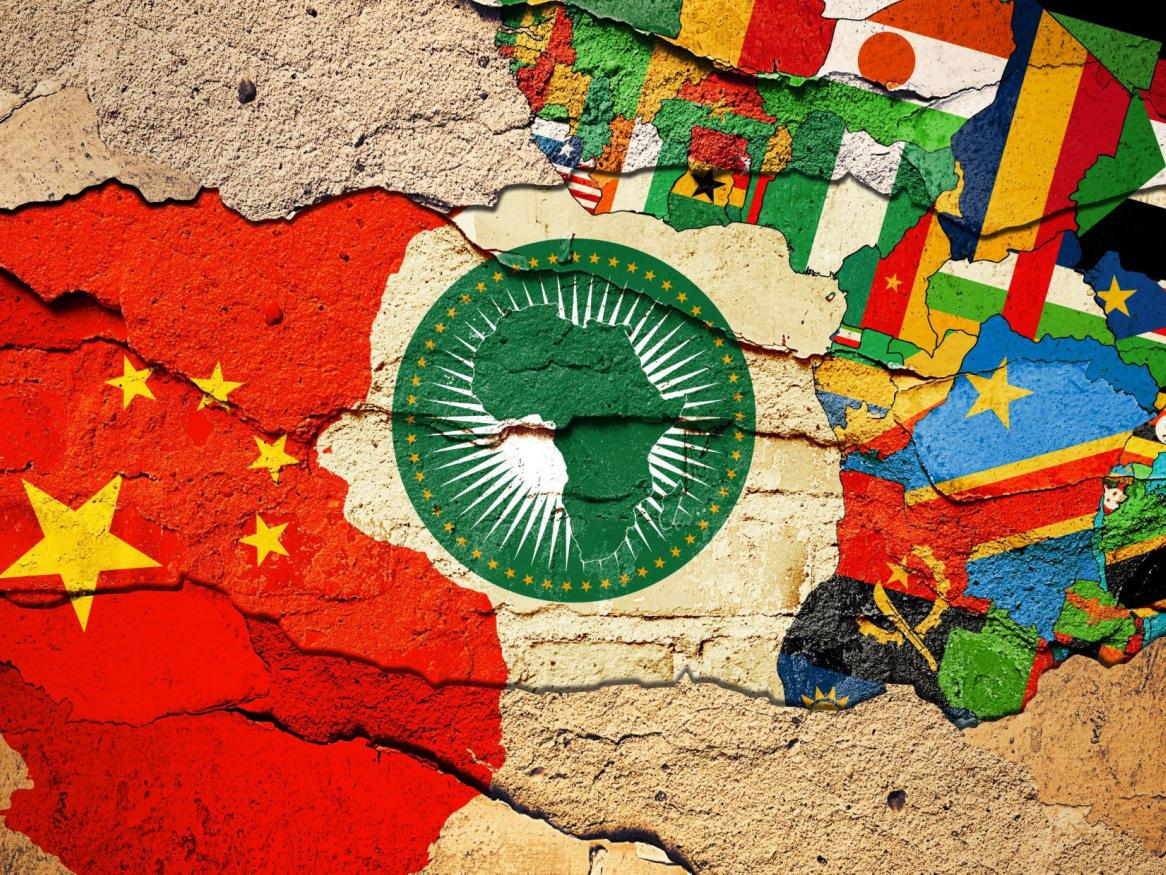
Dr. Lauren Johnston is a Visiting Senior Lecturer, Institute for International Trade, Adelaide University and Associate Professor, China Studies Centre, University of Sydney. As Australia’s trade relations with China are being reset, both countries are simultaneously pursuing diversification opportunities. For China, Africa is an important source of minerals and agricultural commodities that could rival Australia. In this article Lauren Johnson reports on an important forthcoming event that aims to take China-Africa trade relations to the next level.
[Read more about What to expect from June’s China-Africa Economic and Trade Exhibition]
Reforming EU Rules of Origin Applied to Trade Agreements with Africa
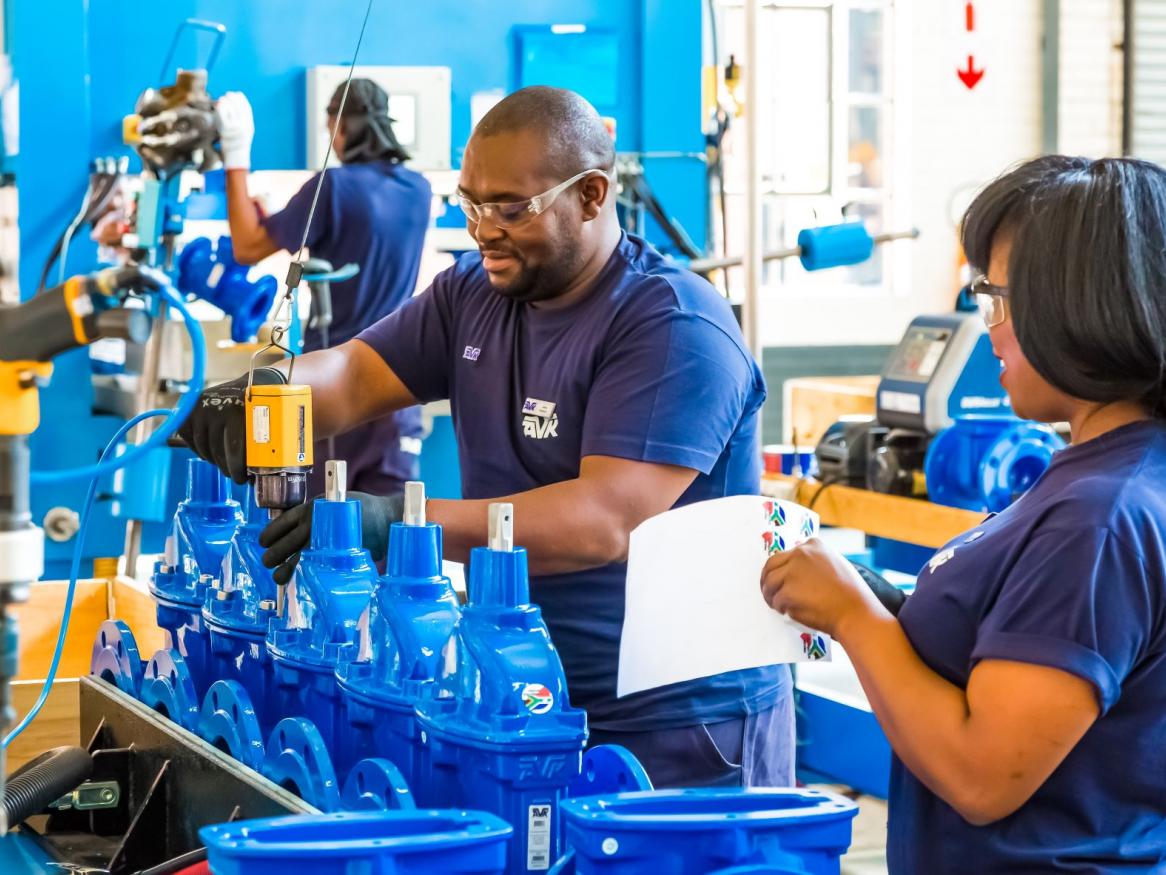
Mike Humphrey, Senior Trade Consultant. Currently there are multiple sets of Rules of Origin (RoO) that apply to the EU’s different trade agreements it has with various groups of African countries. In this Op Ed I will make the case for replacing these with a single set of RoO that apply to all these different trade agreements, making cumulation possible with any African country for all African exporters to the EU.
[Read more about Reforming EU Rules of Origin Applied to Trade Agreements with Africa]
Reviving the EUs Free Trade commitments - let’s start with Australia!
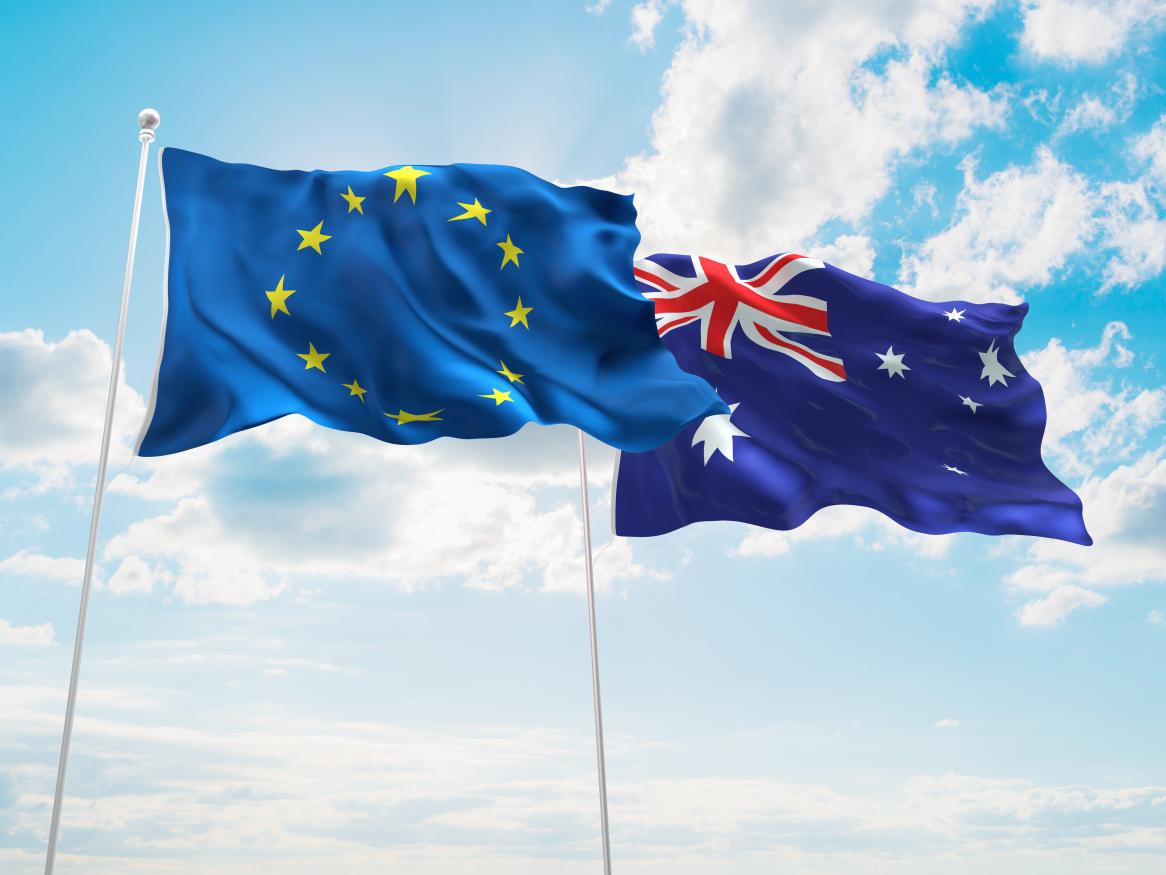
Catharina Rinzema, Member of European Parliament (Renew Europe, The Netherlands), Morten Lokkegaard, Member of European Parliament (Renew Europe, Denmark), Professor Peter Draper, Executive Director of the Institute for International Trade.
The European Parliament this month sent a delegation to Australia to strengthen our ties with strategic Indo-Pacific partners. This op-ed argues that these democratic allies and trade partners have a good opportunity to promote common values and rule-of-law trade through the under-negotiation EU-Australia free trade agreement.
[Read more about Reviving the EUs Free Trade commitments - let’s start with Australia!]
China’s Western Neighbours, and the Future of Eurasian Overland Trade
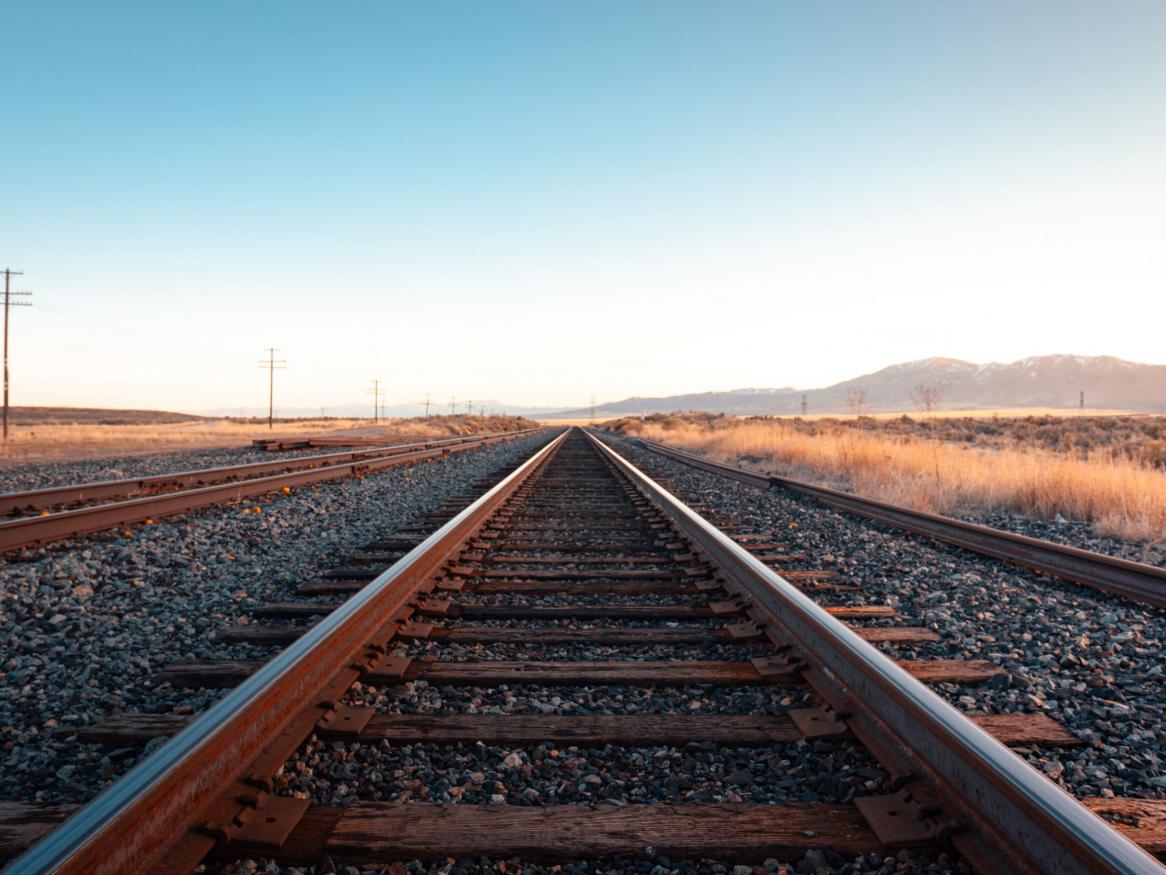
Richard Pomfret, Emeritus Professor of Economics, the University of Adelaide.
China’s flagship foreign policy, the Silk Road Economic Belt, was announced in 2013 in Astana, capital of Kazakhstan, and became part of the Belt and Road Initiative that was launched in May 2017. Rail connections west through Kazakhstan were the key part of the overland “Belt”. President Xi has recently and publically confirmed the importance of this relationship, an act which has import in the context of the current Ukraine-Russia war, as argued in this op-ed
[Read more about China’s Western Neighbours, and the Future of Eurasian Overland Trade]
The views expressed here are the author’s, and do not necessarily represent the views of the Institute for International Trade.
This work is licensed under Commons Attribution-NonCommercial-NoDerivatives 4.0 International License.
IIT is a global leader in researching, analysing and commenting on International Trade.
Stay informed about our up-and-coming seminars, events, publications, awards, new projects and collaborations, and other exciting news.
